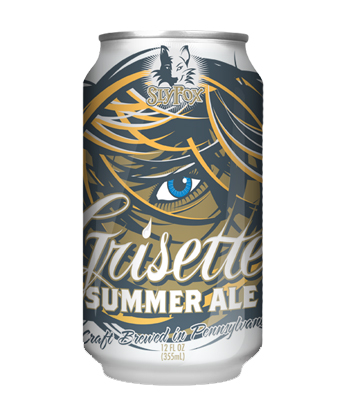Grisette. Say it. Let it roll of your tongue. Sounds pretty, doesn’t it? It is.
Grisettes are golden, delicate little Belgian-style farmhouse ales. Think of them like mini-saisons: light and dry; low in alcohol; bready; fruity with flavors of pear and lemon, occasionally from actual fruit; and a hop-driven, herbal finish.
They are also in the midst of a craft beer renaissance. The Bruery and The Collective Brewing Project collaborated on Minor Miner, a grisette-style beer made with Texas-grown Pilsner yeast, in January. “Our goal was to make a brewers’ beer,” Ryan Deyo, Collective Brewing Project co-founder, wrote in an email.
Night Shift launched a new dry-hopped grisette in April, and Catawba Brewing recently debuted a peach grisette, Peach of Mind. Last month Boulevard Brewing toasted its annual summer festival, Boulevardia, with a commemorative sour grisette. Meanwhile, TRVE chose its Grisette-Style Ale for its inaugural can release this spring, and Sly Fox Brewing Co.’s Grisette Summer Ale has been racking up awards for five years.
What separates grisettes from less complex American golden ales is their raw ingredients and fermentation techniques. Grisettes are often fermented with saison yeast, Brettanomyces, or mixed cultures, giving them ample, yeast-driven spice. They derive some flavor from wheat; historically their wheat was malted, though many modern interpretations use it raw. Grisettes are also characterized by their bitter minerality, whereas American golden ales lean sweet.
As legend has it, in 19th-century southern Belgium, specifically the Hainaut province, saisons were the seasonal beers made for farmers, while grisettes were made for the miners.
Gris is the French word for gray. The “crispy little beers,” to borrow a phrase we love from Suarez Family Brewery, may refer to the color of the stone the miners were mining; the rock dust on the workers’ clothing; or the young working-class women who served them.
Whatever their murky origin, these bright, straw-colored brews have made their way back to the mainstream. Or, at least, to a handful of highly regarded craft brewers in the U.S.
Below are a few who are crushing this crushable style.
Five Grisette-Style Beers to Try
TRVE Brewing Seven Doors
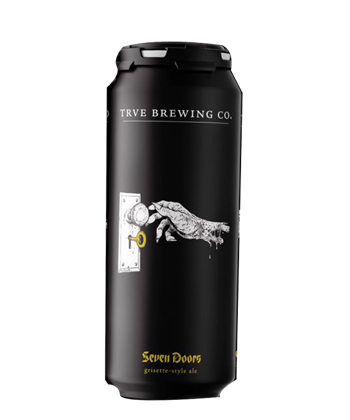
Edmund’s Oast Coin Operated
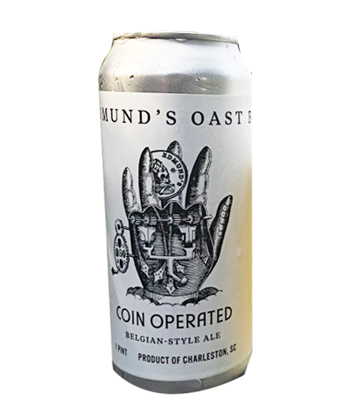
Creature Comforts DaySpring
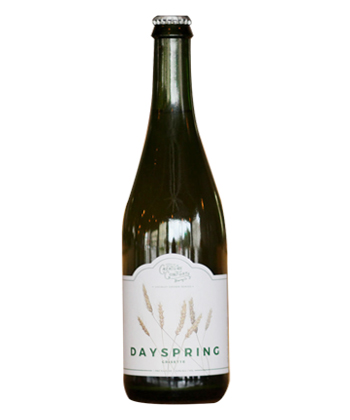
Folksbier Sif
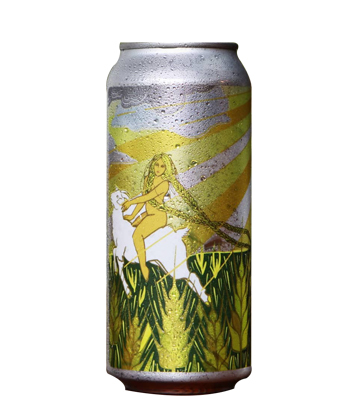
Sly Fox Brewing Grisette Summer Ale
